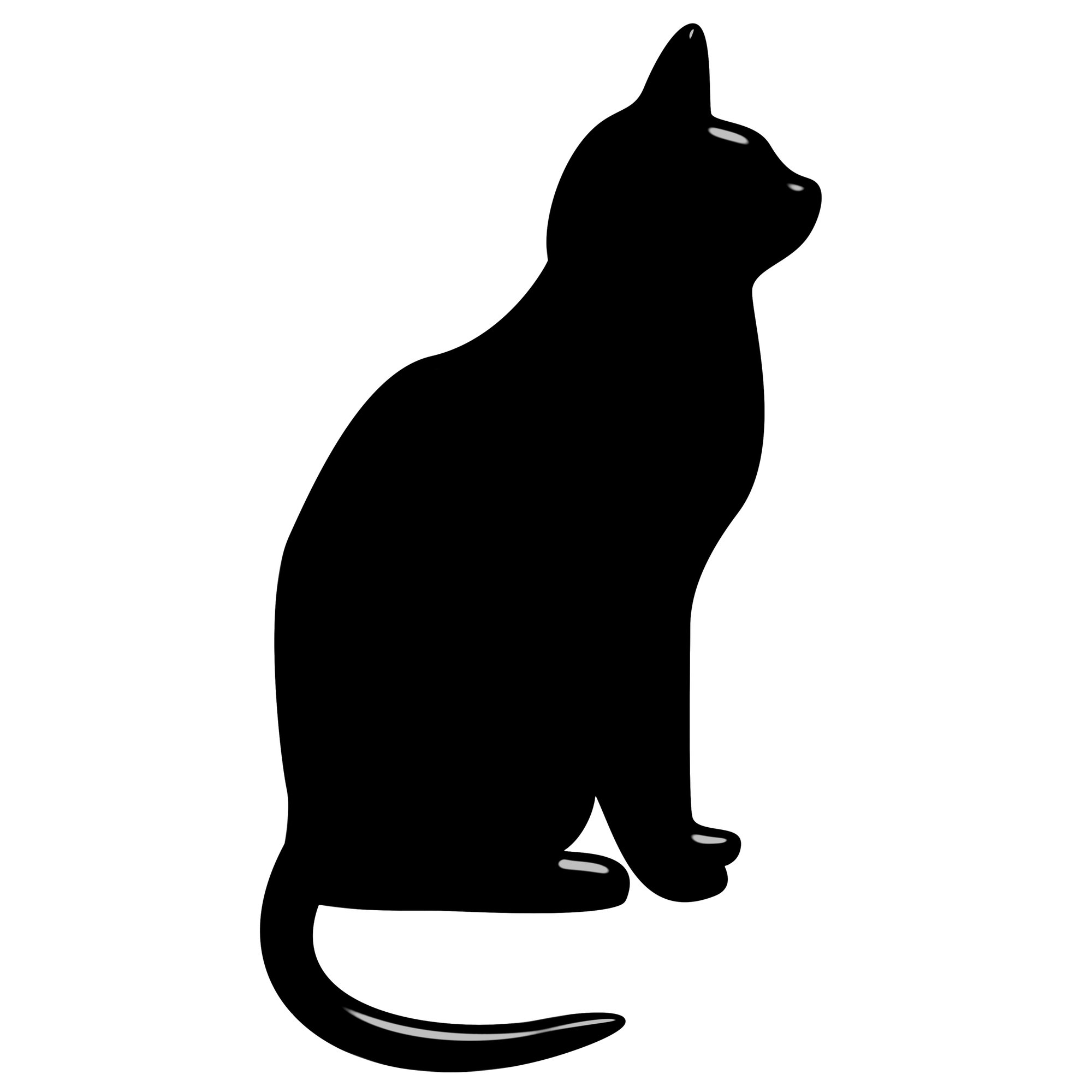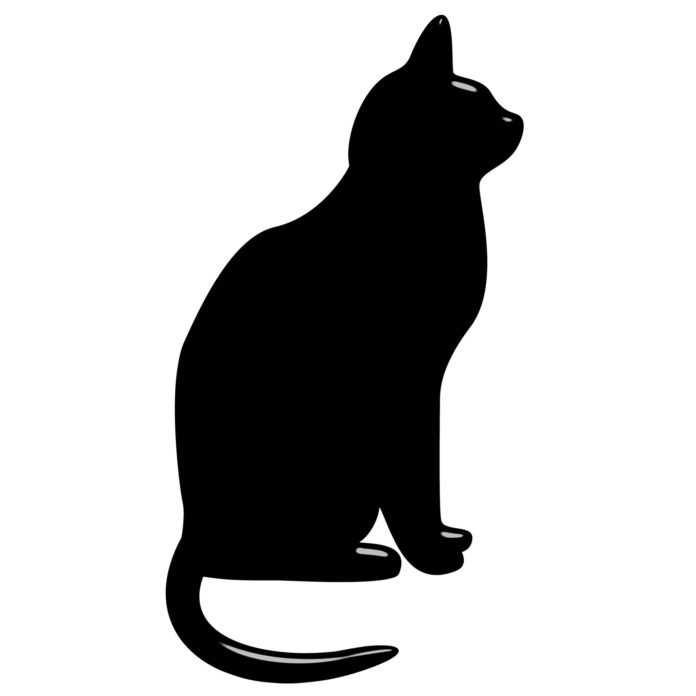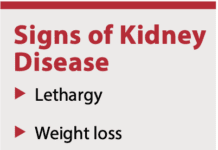
Chronic kidney disease (CKD) is common in older cats. Decreased appetite, vomiting, and presumed nausea are commonly seen in cats with CKD, and it’s been assumed this is due to hypergastrinemia (excess of the gastrin hormone that releases gastric acid), with subsequent increased gastric acid production and mineralization/damage to the mucosal lining of the stomach. To address this presumption, gastric acid suppressants are often administered, despite the fact that there is no evidence that cats with CKD have reduced gastric pH nor that cats diagnosed with CKD derive any benefits from gastric acid suppressant therapy.
A study using orally administered pH monitoring capsules and serum gastrin measurements in cats with naturally occurring CKD and healthy control cats found no difference in either gastric pH or serum gastrin concentrations between these two groups. This suggests that cats with CKD may not require gastric acid suppressant therapy.
J Vet Intern Med. 2017 Sep;31(5):1414-1419. doi: 10.1111/jvim.14807. Epub 2017 Aug 20.




